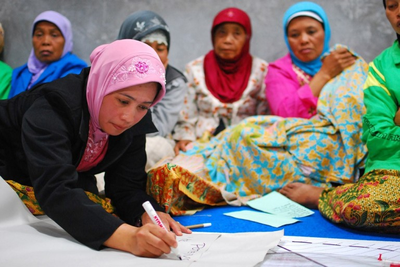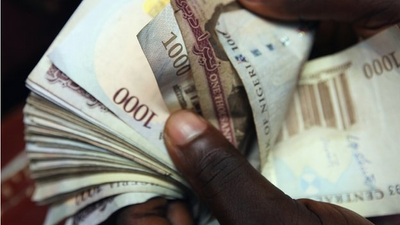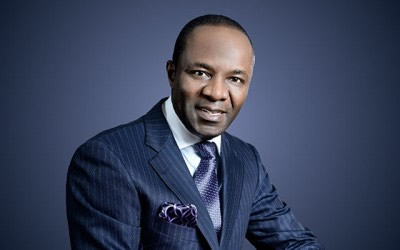
Women and girls should be at core of disaster risk reduction, UN human rights monitors told – Women and girls need to be at the core of disaster risk reduction, given that they often bear the brunt of climate change and hazards such as storms and floods, United Nations experts tasked with monitoring implementation of a landmark UN convention on ending discrimination against women heard today.
In a special session on the gender-related dimensions of disaster risk reduction and climate change, convened in Geneva by the UN Committee on the Elimination of Discrimination against Women (CEDAW), Robert Glasser, head of the UN Office for Disaster Risk Reduction (UNISDR), underscored that the Sendai Framework for Disaster Risk Reduction – a 15-year international blueprint adopted last March in Japan with the aim of saving lives and curbing the economic impact of natural and man-made hazards – puts the issue of gender squarely in the spotlight.
“The Sendai Framework places significant importance on human rights, gender equality and climate change adaptation,” said Mr. Glasser. He added that gender is a key component of the Framework’s shift from managing disasters to managing risk and to address the underlying causes and drivers of disasters, which lie in ill-conceived development policies, practices and investments.
Among the gender equality gaps that need addressing, Mr. Glasser emphasized, are participation in decision making and resource management, and access to social protection measures, education, health and early warning.
“Women are greatly affected by disasters, and more precise information and disaggregated data on the impact of disasters are needed to take better correction measures. Furthermore, climate change exacerbates weather-related hazards and at least 90 per cent of disasters are linked to natural hazards,” Mr. Glasser added.
Disasters affect men and women, and boys and girls, differently for a range of reasons. For example, gender inequalities can constrain the influence and control of women and girls over decisions governing their lives as well as their access to resources, thus sidelining them from planning on how to curb disaster risk, according to UNISDR.
Due to socio-economic conditions, cultural beliefs and traditional practices, women and girls are more likely to be affected if a hazard strikes, facing increased loss of livelihoods, gender-based violence, and even loss of life during, and in the aftermath of, disasters. That makes empowerment a critical ingredient in building disaster resilience. (Credit: United Nations News Centre)



